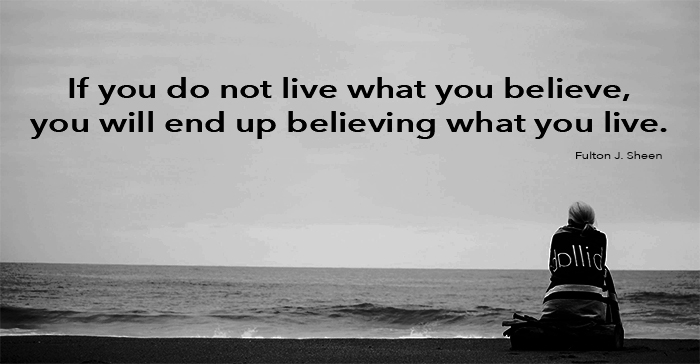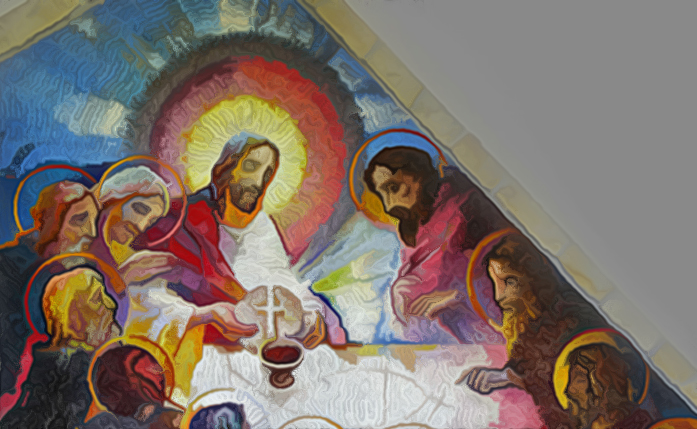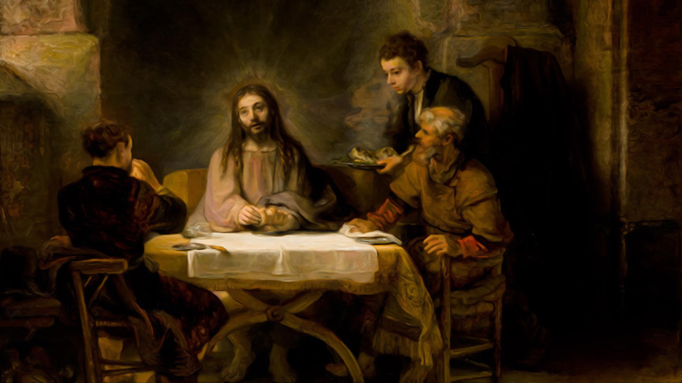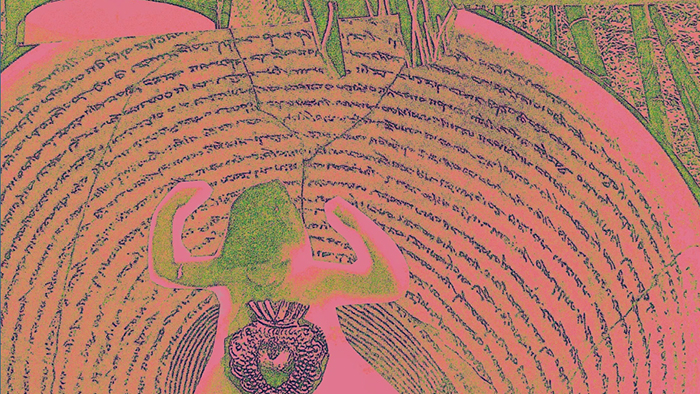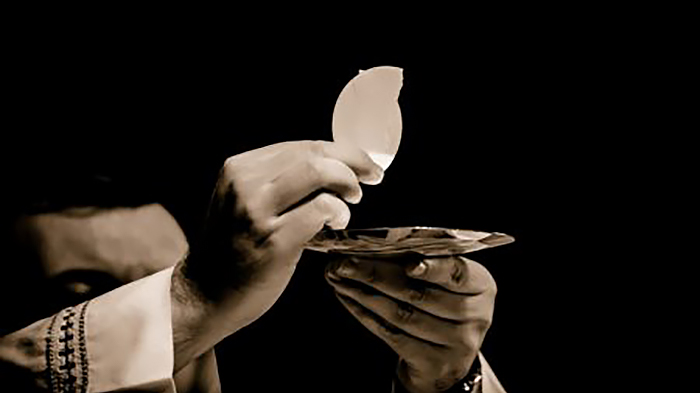
Jesus, in defining his meaning and ministry, said: “My flesh is food for the life of the world.” Fr. Rolheiser writes that we can easily miss what’s really contained in that. Notice what he’s not saying: Jesus isn’t saying that his flesh is food for the life of the church or for the life of Christians; albeit we, believers, get fed too and, indeed, generally get fed first, but the ultimate reason why Jesus came was not simply to feed us. His body is food for the life of the world, and the world is larger than the church. Jesus came into the world to be eaten up by the world. For this reason, he was born in a manger, a feeding-trough, a place where animals come to eat, and it’s for this reason that he eventually ends up on a table, an altar, to be eaten by human beings (even when done without due reverence or attention). Jesus came not to defend himself, the church, or the faith but as nourishment for the planet. The church exists not as an end in itself (though, admittedly, partially, the church, as indeed all community, is an end in itself and needs no justification beyond itself since the community in general and ecclesial community, in particular, are already the new life that Jesus promised). But we exist as a church, too, to be food for the life of the world, to be eaten up as nourishment by everyone, including those outside our own circles. Ultimately the church is not about the church, it’s food for the world. Church life exists to build up a body, but that body exists not for itself but for the world. Our task as a church, especially today, is not to defend ourselves or even to carve out some peace for ourselves against a world that sometimes prefers not to have us around. No. Like Jesus, our real reason for being here is to try to help nourish and protect that very world that’s often hostile to us.

